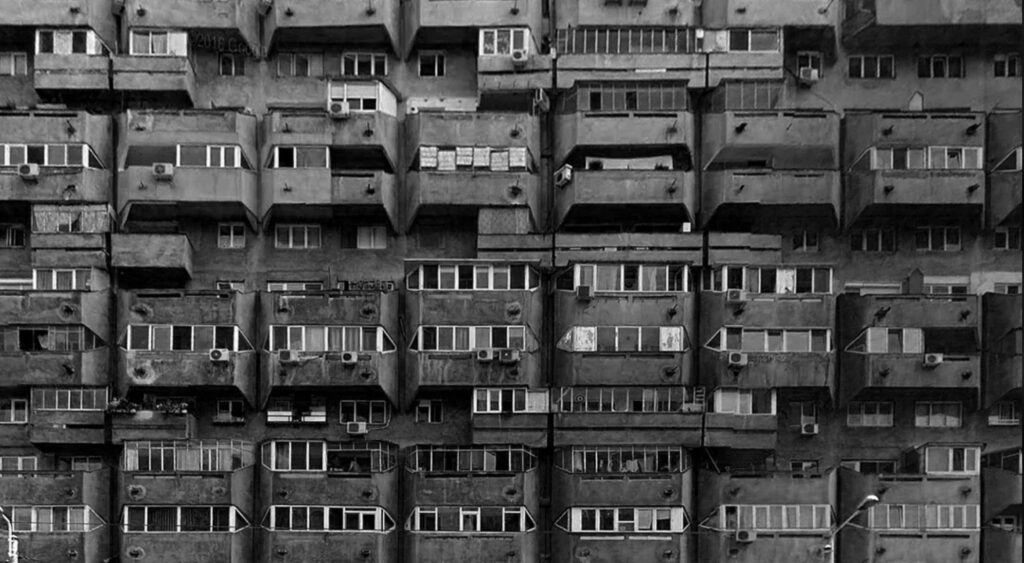About
Author: Patrick McGuinness (UK)
Genre: Historical Fiction
Setting
Place: Bucharest, Romania
Time: 1980s
My Rating (see what this means)
My Subjective Rating: 3
My ‘Objective’ Rating: 2.40
Introduction:

‘The Last Hundred Days’(TLHD) by Patrick McGuinness is the 2nd book I have read in which the city of Bucharest plays a central role. The other was ‘Life Begins on Friday’ (LBoF) by Ioana Pârvulescu.
In each book – the protagonist is a lost character trying to make sense of a city, with an unresolved murder to account for on the side. Each has a fascinating bunch of characters and each is set in the final few days of an event – in case of LBoF – the final 13 days of 1897, and in case of TLHD – well roughly the last hundred days of Ceaușescu’s dictatorship in 1989. The protagonist in both books is a displaced character – Dan in LBoF has been displaced in time – having magically woken up in the Bucharest of the past. The unnamed narrator in TLHD, on the other hand, is displaced in space – having taken a job in Bucharest which he didn’t interview for and doesn’t really understand.
But the similarities end here – LBoF has a magically, optimistic and joyful tone to it – despite the deficiencies of the time. Its characters are excited about the future. In TLHD, the communist party have drained all the magic from the air and Nikolai Ceaușescu blocks all visions of the future. Bucharest is now the ‘City of Lost Walks’. The story follows the narrator as he tries to put up roots in a city which is itself being uprooted.
“It was surreal, or would have been if it wasn’t the only reality available”
Review:
In this book the narrator – a young, recently orphaned naïve Londoner, is never really sure about everything that’s happening around him. Which isn’t surprising as Ceaușescu’s Bucharest, not unlike authoritarian regimes everywhere, is full of intrigue and secrets. Everyone seems to have a double life – and we as a reader also share many a stupefactions with the narrator – which after a point starts to feel like too many. That is not to say we remain clueless throughout the book – the author also complements the narration with sharp, witty observations –
- “This is what surveillance does: we stop being ourselves, and begin living alongside ourselves. Human nature cannot be changed, but it can be brought to a degree of self-consciousness that denatures it.”
- When I decided that we were learning about politics not in order to reimagine the world but the opposite – to continue justifying why it was this way and could be no other.
The book successfully captures the bleakness of the times.

It is hardly then a wonder that the book is very far from the joyfully exuberance of ‘Life begins on Friday’. That does not mean it is not an engaging book – the intrigue keeps the reader (mostly) interested. Though I don’t understand why Milosevic was there. And when chaos erupts – the reader often feels as lost as the characters would have felt in those final days of 1989. It is not impossible to image people missing the simpler days of 1897.